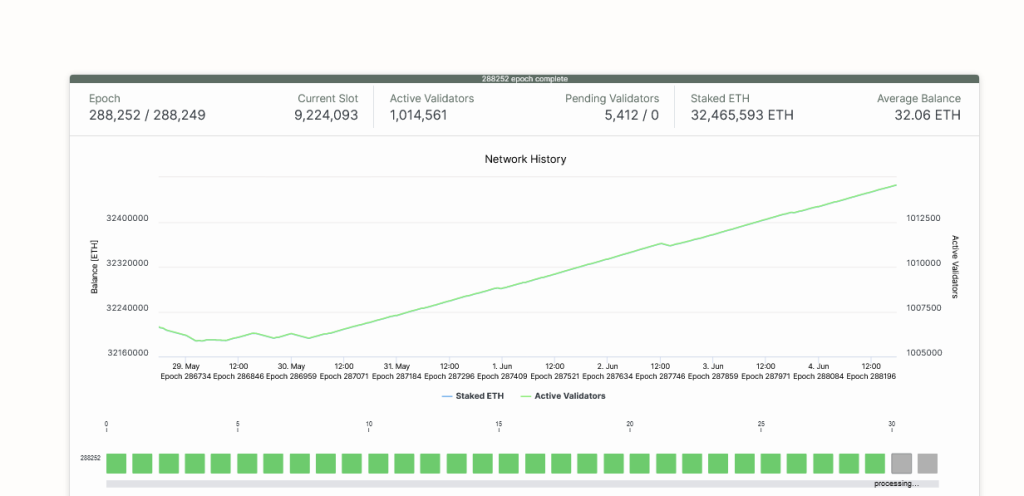Solana and Ethereum are obvious competitors in the epic battle for supremacy. Although Ethereum was the first smart contract platform, there are inherent issues such as scalability that new chains like Solana and Cardano, for example, aim to solve.
Solana developers do well in “product execution” and communication
Taking from X, an observer Remarks that even if Solana gains ground, Ethereum remains superior. Since the middle of last year, and thanks to positive progress in resolving the FTX bankruptcy, SOL prices have been on a strong upward trend.
The network’s activity, primarily meme coins, has driven demand, pushing its valuation to fifth in the market cap rankings. Meanwhile, Ethereum remains perched in second place, mainly due to its first-mover advantage and the depth of its ecosystem.
Developers looking for cheap deals are increasingly deploying to Solana. At its core, the platform is designed to be high performance. Its architecture enables fast transaction speeds and low costs, making it an attractive option for developers and users seeking efficiency.
The analyst noted that this appeal will only grow because Solana developers take product execution and communications “very well.”
The decision to rely on product execution means that developers wanting a network with high throughput, similar to traditional platforms, can find their place. Since the network can scale, it can mitigate the high gas fees that hit traditional chains like Ethereum and Bitcoin.
Is Ethereum a superior technology with poor marketing?
Even so, their preference for “product execution” is also Solana’s downfall. Blockchain purists argue that although Ethereum is slow, it is at least decentralized. The decentralization of the second most valuable network gives it an advantage, allowing it to have a higher level of reliability.
Optimizing Ethereum for decentralization means it runs on a more distributed network of nodes, improving its security and resilience against censorship. So far, data from beaconcha.in watch there are over 1.8 million validators and this number continues to grow.

However, this emphasis on decentralization comes at a cost. Ethereum is slower and more expensive than Solana, which the analyst says is more centralized in exchange for higher performance, thereby reducing transaction costs.
Subsequently, due to the focus on decentralization, the analyst believes that Ethereum is becoming a primitive infrastructure of choice, boosting big tech. Since it is the first smart contract network, it emerges as a platform for creating virtually any verifiable system, including cheap and high-performance solutions.
Featured image from Canva, chart from TradingView


